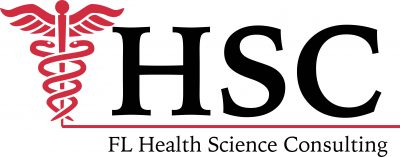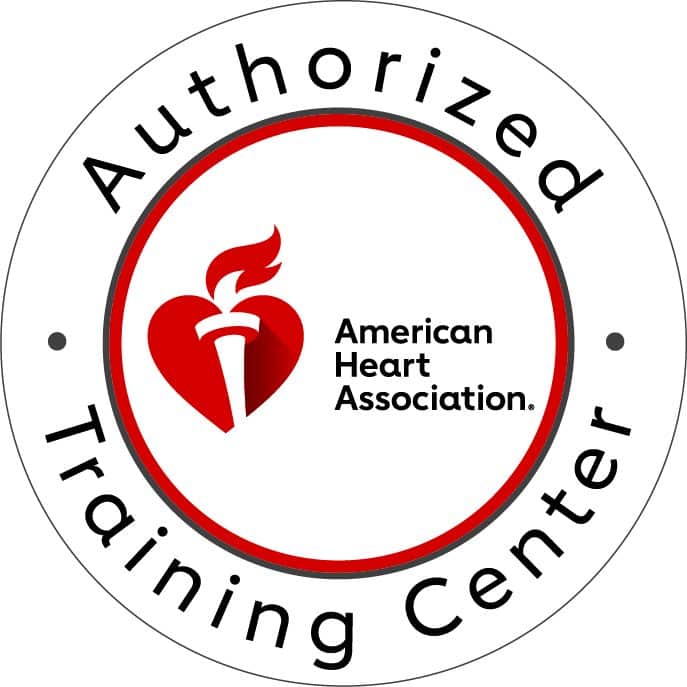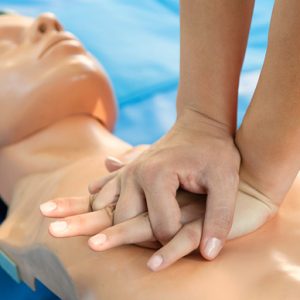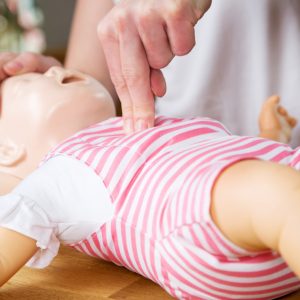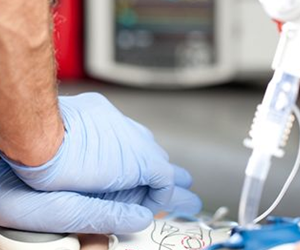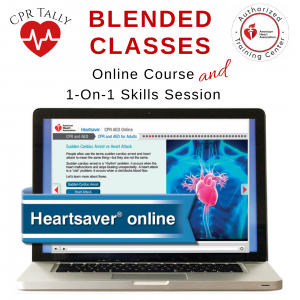Description
AHA Basic Life Support (BLS)
The Basic Life Support (BLS) instructor-led course teaches both single-rescuer and team basic life support skills for application in both prehospital and in-facility environments, with a focus on High-Quality CPR and team dynamics. You will receive a BLS Provider certification through the American Heart Association. All courses are same day certifications.
The AHA’s BLS course trains participants to promptly recognize several life-threatening emergencies, give high-quality chest compressions, deliver appropriate ventilations and provide early use of an AED. Reflects science and education from the American Heart Association Guidelines Update for CPR and Emergency Cardiovascular Care (ECC).
Who should take this course?
The AHA’s BLS Course is designed for healthcare professionals and other personnel who need to know how to perform CPR and other basic cardiovascular life support skills in a wide variety of in-facility and prehospital settings.
What does this course teach?
- High-quality CPR for adults, children, and infants
- The AHA Chain of Survival, specifically the BLS components
- Important early use of an AED
- Effective ventilations using a barrier device
- Importance of teams in multirescuer resuscitation and performance as an effective team member during multirescuer CPR
- Relief of foreign-body airway obstruction (choking) for adults and infants
Is AHA BLS the right course for me?
BLS is geared towards prehospital providers, like EMTs, paramedics, fire fighters, and in-facility hospital providers. Upon successful completion of the course, students receive a course completion card, valid for two years.
Need Non-Healthcare CPR? Click here
